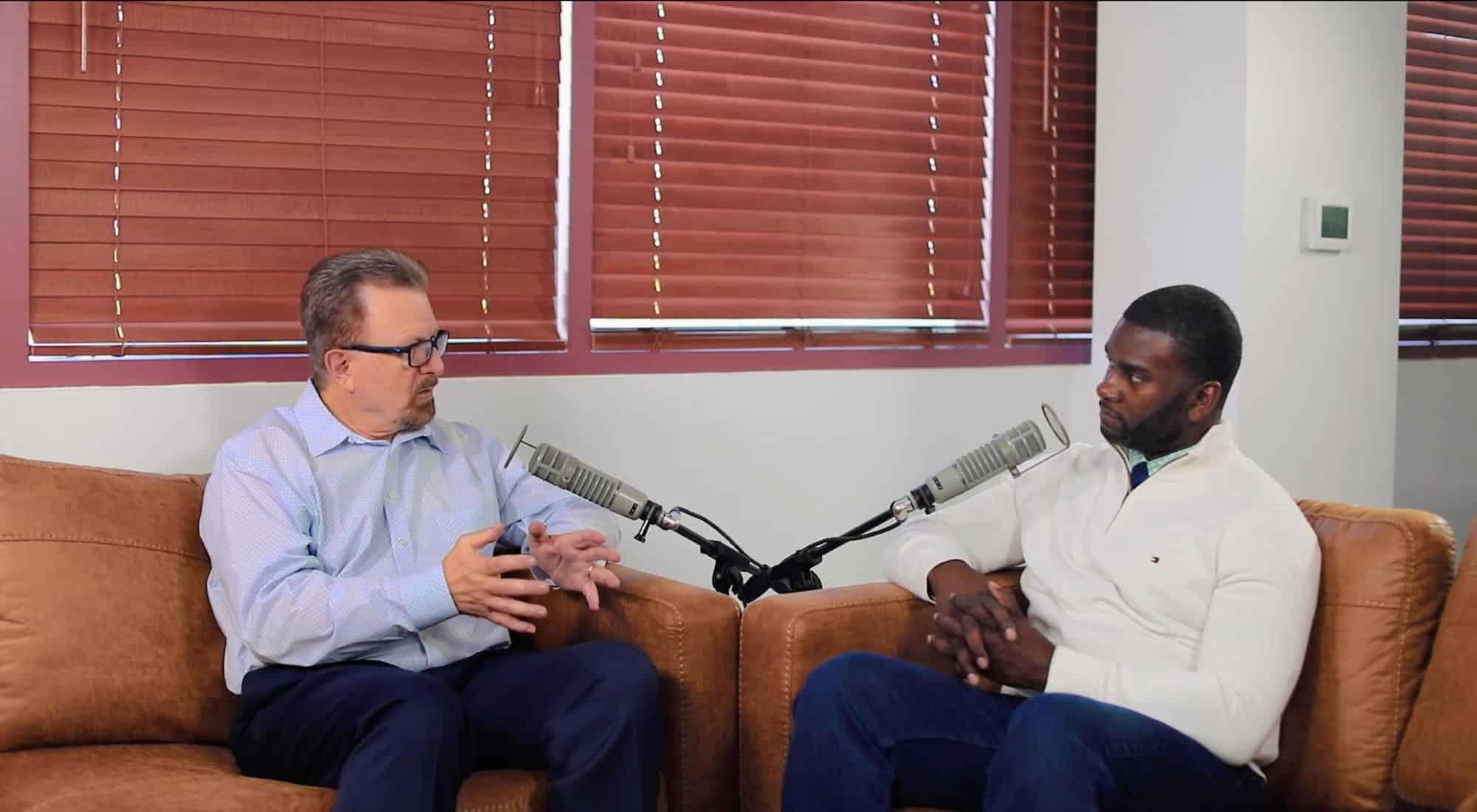By Christa Banister
Are you among the 55% of Americans who have listened to at least one episode of a podcast? According to recent research compiled for The Infinite Dial, an annual study of consumer media habits, people are more familiar with the audio medium than ever. Whether listening at home or during commutes, the demand for content has led to production of more than 2 million podcasts with over 48 million episodes.
What is a Podcast, and How Does It Work?
Podcasting Insights explains that a podcast is a digital audio file, often available as a series, that is downloadable to your computer, phone, or tablet so you can listen whenever the mood strikes. The portability of podcasts is convenient for when you’re working out, performing a repetitive task at home, or having to wait.
Whatever you’re interested in, no matter how niche, there’s probably a podcast (or several) that will appeal to you.
Whatever you’re interested in, no matter how niche, there’s probably a podcast (or several) that will appeal to you. And unlike, say, social media, one of the benefits of podcasts is the generally positive tone in the facilitation of discussion that helps and informs.
What is the Purpose of a Podcast?
Podcasts aren’t the place for petty arguments about political or social issues. Or mean-spirited debate about celebrities and sports teams. Podcasts are designed to bring awareness to important topics that may not make headlines. Others are to entertain. And with no standard format to adhere to, podcasts often provide more comprehensive insight into a topic that’s simply not possible in traditional media.
Research has shown that podcasts can also have a physiological effect on your body. Depending on the podcast you’re listening to, your brain has thoughts, or more accurately, varied responses, to this storytelling format. A recent study from UC Berkeley concluded that multiple parts of the brain are stimulated when listening to narratives like those featured in podcasts.
For instance, true crime is a popular genre, evidenced by the popularity of My Favorite Murder with Karen Kilgariff and Georgia Hardstark, which ranked sixth in Podtrac’s Top 20 Podcasts list in the United States in April 2022. Whether it’s the adrenaline rush of a suspenseful whodunit, or the endorphin boost from a comedic set, listening is far from a passive experience.
With no standard format to adhere to, podcasts often provide more comprehensive insight into a topic that’s simply not possible in traditional media.
This interconnectedness may also explain the uptick in meditation podcast listening, which promotes relaxation and powering down at the end of a long day. Studies shared in Medical News Today show that soothing sounds of nature, music, or even white noise can help stimulate the release of oxytocin, which can reduce stress and anxiety.
How Honest Conversations Can Help
Another way that podcasts have emerged as a purposeful platform is for the important discussion of behavioral health and recovery. As the host, producer, and editor of Meadows Behavioral Healthcare’s Beyond Theory and Recovery Replay podcasts, Dominic Lawson has seen the benefits of podcasts firsthand.
“Media interest is growing in mental health, and people are taking it more seriously than ever before,” Lawson says. “Podcasting allows us to deep-dive into these topics with little to no commercial interruption in many cases, and explores angles that haven’t been explored before.”
With Recovery Replay, a behavioral health podcast, a person’s recovery journey is highlighted from three unique perspectives: the person in recovery, a loved one, and a clinician.
“I realized we were hitting on a largely unexplored view when most of the people were commenting on the perspective from the person’s loved one,” Lawson says. “That’s the power of podcasting. It reminds people they are not alone and that people in similar situations have come out on the other side. It also provides a platform that tells the listener that, as much as you want to get help, someone is just as eager to help you.”
Podcasts have also served as an antidote for combating isolation and hearing from people who have life experiences not always represented in traditional media.
While larger cities hopped onto the podcasting bandwagon quickly, Lawson sees the format growing in mid-size cities and small towns because of its ability to be done from anywhere, with a low barrier point of entry.
“Podcasting provides a unique way to get information out to people who don’t live in large population centers,” he says. “We are starting to see more and more small-town traditional radio stations taking you behind the scenes where they can be more themselves and reveal more of themselves to the listener. This is a trend I look forward to watching in the coming years.”
Looking for a behavioral health podcast you won’t want to miss? Check out Beyond Theory where you’ll hear real-world recovery stories, and Recovery Replay where, everything from eating disorders to alcoholism to childhood trauma is explored with candor, hope, and a three-dimensional point of view that gets to the heart and soul of the issue.

